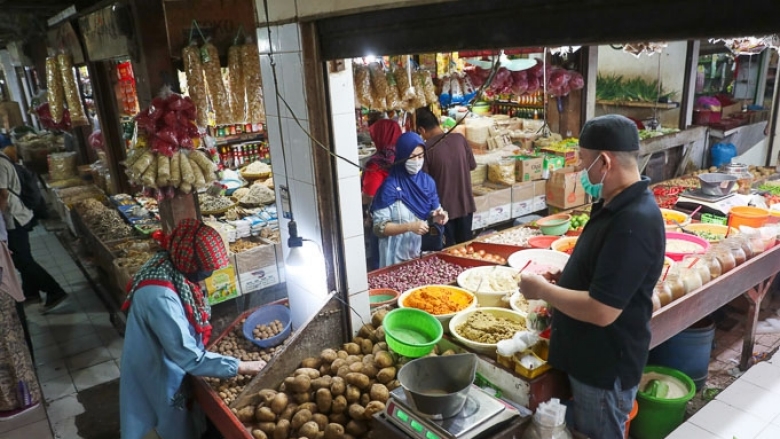The World Bank is on track to meet the US$160 billion in COVID-19 response commitments and mobilization by the 2021 financial year. This monumental undertaking has seen support already provided to 108 countries by November 2020, with US$6.3 billion spent on emergency health services alone. As the COVID-19 pandemic continues, countries are facing challenges to all aspects of public service provision, global trade and movement, and the resilience of their health systems. With global infection rates surpassing 67 million (as of 9 December 2020) there is a need to respond both to the immediate health challenges posed by the pandemic, as well as looking toward the future, to ensure the broader social and economic impacts can be softened.
This acknowledges the broader impacts COVID-19 is having on increasing rates of extreme poverty, reduced universal health coverage and access to primary health services, and disrupted education provision. Analytical and technical support activities funded through the Advance UHC MDTF are also assisting some countries to reconsider how resources are being allocated and used to meet UHC priorities.
Work is underway to support countries through initiatives such as Building a Balanced Future, focusing on innovative solutions which can build more inclusive and sustainable economies that are resilient in the face of existing and emerging threats.
